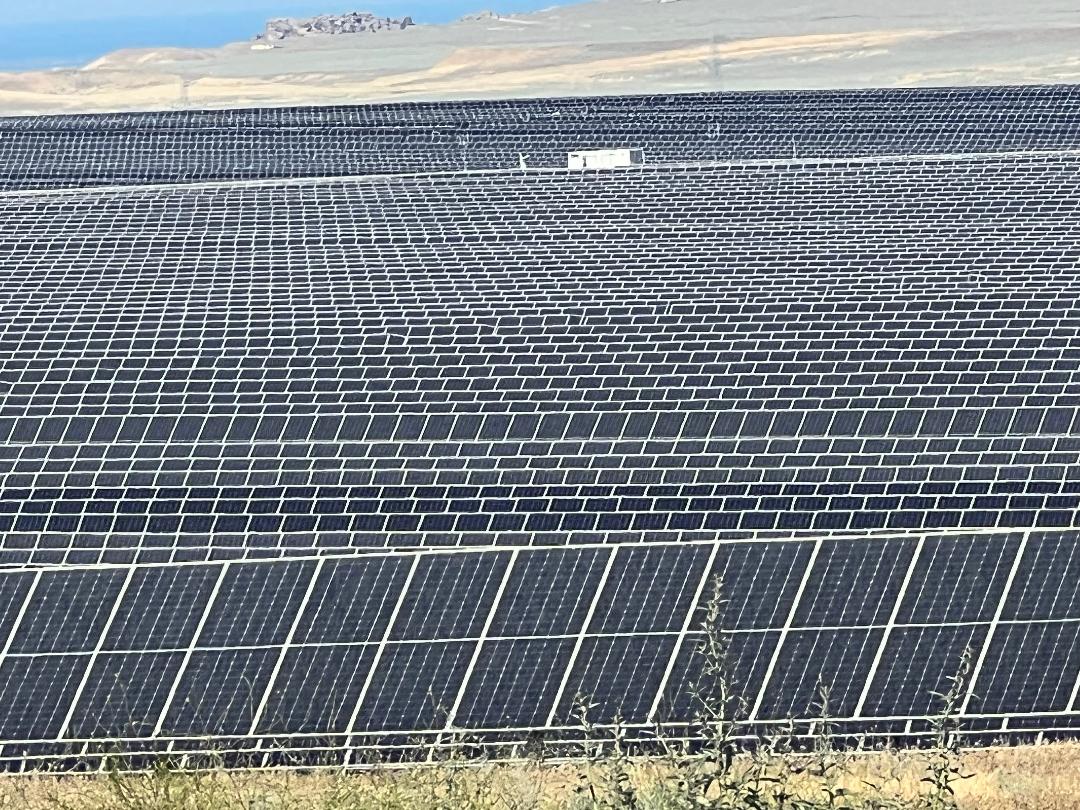COP29 host Azerbaijan eyeing energy, trade cooperation with Philippines
At A Glance
- The specific areas being eyed for strategic cooperation between the Philippines and Azerbaijan will be those on energy, as well as trade and investment agreements on the sphere of information and communications (ICT) and education.
BAKU, Azerbaijan – The host country of the 29th Conference of the Parties for Climate Change (COP29) is eyeing energy as well as trade bilateral cooperation with the Philippines, according to the chief foreign policy advisor of Azerbaijan President Ilham Aliyev.
In an interview during an official visit of global journalists, Presidential Advisor Hikmet Hajiyev indicated that while geographical hurdles have yet to be surmounted by the two countries, “Azerbaijan’s intention is to work with the Philippines to develop our bilateral cooperation.”
He emphasized that the specific areas being eyed for strategic cooperation will be those on energy, as well as trade and investment agreements in the sphere of information and communications (ICT) and education.

The 230MW Garadagh solar farm of Emirati firm Masdar in Azerbaijan.
“We see commonalities of our vision and also certain spheres that we can work on together. We are eyeing to work on trade agreements, investment agreements, energy issues and then also on communication issues –and also in the field of education,” the presidential advisor stressed.
Hajiyev added that one area that has also been whipping up much interest from Azerbaijan’s side is the ‘skilled labor force’ of the Philippines – especially with Azerbaijan’s plan to expand its Baku port so this could thrive as a strategic hub for the Eurasian market.
“The Philippines has a skilled labor market; and Azerbaijan is in need of specialized workforce for our shipping yard – and we see that as an expertise of workers in the Philippines. And we have other industries that are in need of specialized workers as well – it is more of having a human touch, and there’s a need for us to institutionalize it,” he noted.
Ahead of hosting the COP29 Climate Change Summit this November, Azerbaijan is also advancing progressively on its energy transition agenda – with a target to increase renewables in its energy mix to 30% by 2030.
The country is predominantly known for its rich oil and gas resources, but it is now joining the league of many countries globally that have been pursuing transformative shifts in energy technology deployments.
In the energy transition track of Azerbaijan, the RE installations it has been counting on include those on solar and wind farms, hydropower as well as waste-to-energy ventures.
Just this month, the one-gigawatt scale of renewable energy (RE) projects of wind and solar farms were unveiled by Emirati sponsor firm Masdar – and that will form part of Azerbaijan’s clean energy development pathway.
Beyond addressing its domestic needs, the 27-gigawatt RE development goal of Azerbaijan will also help concretize the envisioned Caspian-Black Sea-Europe Green Energy Corridor that will galvanize the regional integration of RE project-developments within Central Asia and the European countries.